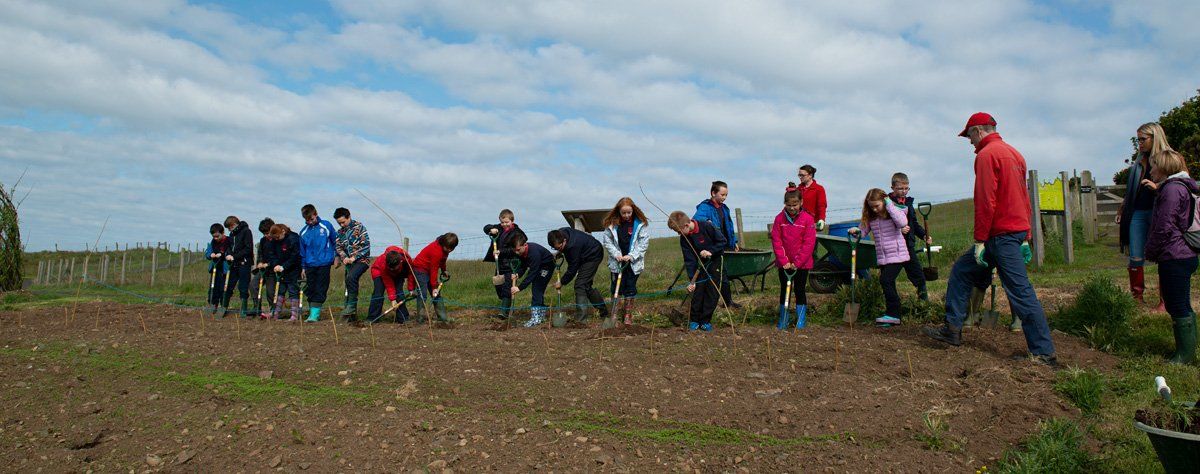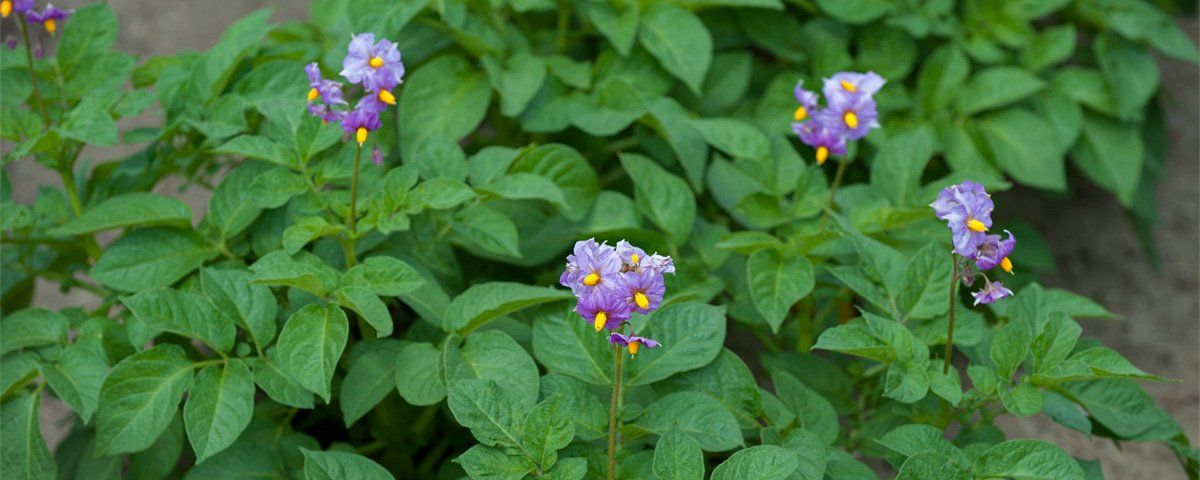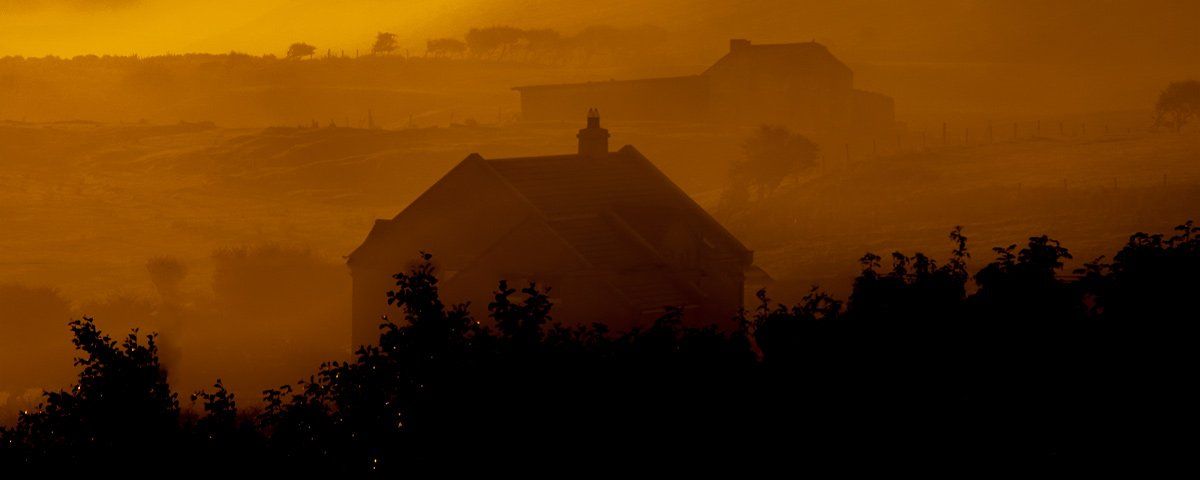John Clarke was born on 1st February 1889 at Lemnagh Beg, Ballintoy, a son of Daniel and Margaret. He attended St. Mary’s Primary School at Ballinlea, but left, aged about 12 to work on the family farm at Broughgammon. He obtained no further formal education yet through his self motivation and extensive reading at Ballycastle Library coupled with ongoing research and experimentation throughout his life, he became a recognized expert on the science of potato breeding producing dozens of varieties, some of which are still widely grown. John’s father, Daniel, was known to have tried to produce new potato varieties, but his son pursued this activity way beyond what he had achieved. In 1923, Daniel and John Clarke had their potatoes certified by the Ministry of Agriculture’s Seed Classification system.
John specialised in early varieties harvested in June and July, his first variety Ulster Monarch was certified in 1936. Over 51 years he had 33 varieties certified, of which the first 30 had the prefix Ulster. Thanks to John Clarke the popular potato variety Maris Piper was produced, a grandson of one of his varieties. Dr Harold Howard from a botanical research centre at Cambridge travelled to work with John at Broughgammon where they they shared views on potato breeding and remained in contact after they both retired. In 1947 John married Angela Hayes, a local schoolteacher, and the couple set up home at “Innisfree”, adjacent to the Giant's Causeway Visitor Centre. The farmhouse was named “Innisfree” on account of Angela’s love for the poetry of W. B. Yeats. Angela also painted many of the potato varieties that John bred.
He was respected by his contemporaries and specialist scientists like Dr Redcliffe Nathan Salaman F.R.S. who researched and promoted genetic resistance to viruses in potatoes and had set out to multiply virus-free stocks to supply outlets in the UK. John worked closely with Salaman in this, setting up greenhouses in Broughgammon and at Innisfree. Through his work he was awarded The Lord Derby Gold Medal in 1948, a Master of Agriculture Degree from Queens in 1950, the John Snell Medal from the National Institute of Agriculture Botany in 1955, Belfast Telegraph Cup in 1957 and the OBE in 1969. John died peacefully on the 28th May 1980, aged 91.
Dr Salaman rated John Clarke very highly as can be seen when he stated, in 1949 ... “ In the last twenty years potato breeders have been increasingly ready to make use of the help which the scientist can put at his disposal; a lead was given by the veteran McKelvie and more recently his example has been emulated by John Clarke of Broughgammon, Ballycastle, County Antrim, the breeder of the ‘Ulster’ varieties, whose appreciation of the scientific approach is as outstanding as is his flair for selecting the most promising seedlings. As well as leading researchers and breeders visiting him at Broughgammon, John communicated with plant breeders in Europe.
Today the trail way from the Giant's Causeway goes to Innisfree Farm where you can see a potato patch where local schools take part in a yearly activity. Pupils come in the spring and plant seed potatoes, returning in the autumn to harvest their crop and take them home to eat. At the same time, they learn about the work of this remarkable man. A Blue Plaque was placed on the house at Innisfree in recognition of his time there and also the incredible contribution he made to the potato industry.
All Rights Reserved | Art Ward






